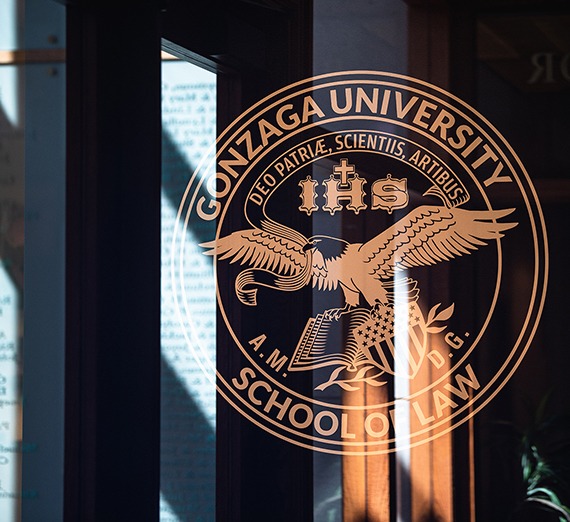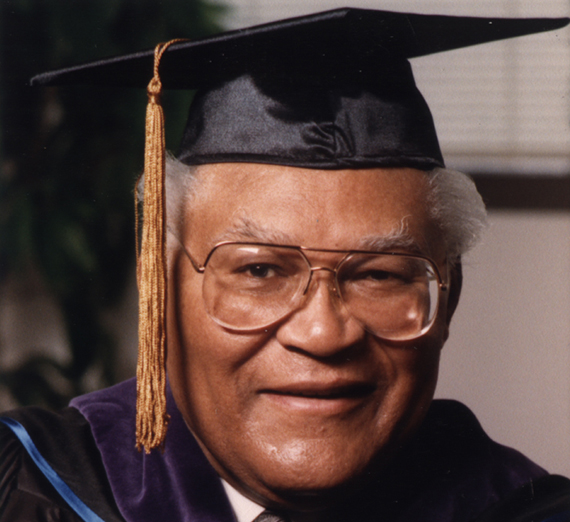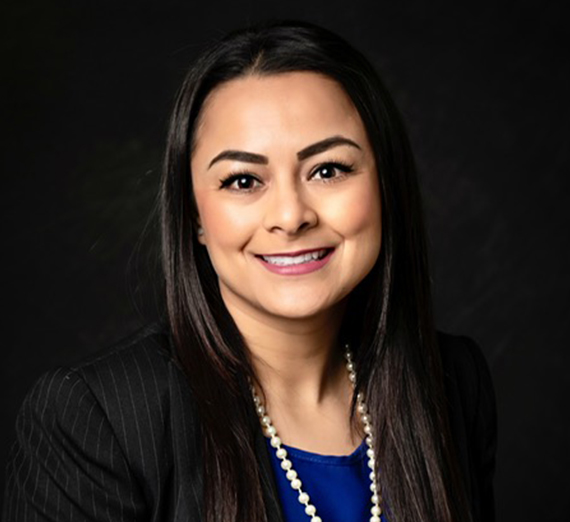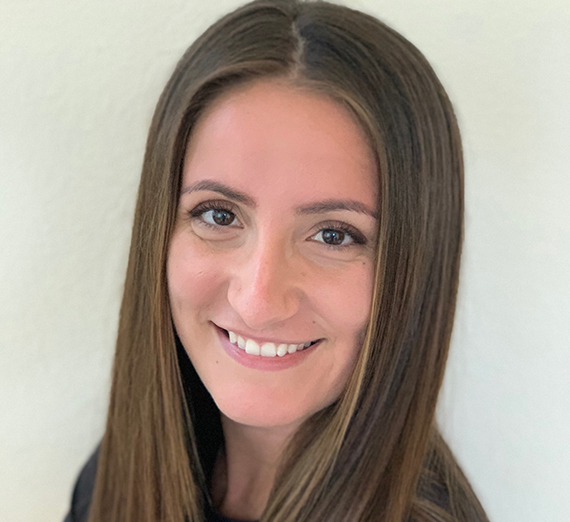Gonzaga Law Announces Elimination of Conditional Scholarships

In January, Gonzaga University School of Law announced that it would eliminate the use of conditional scholarships for current and future admitted students. Going forward, all students will enter with guaranteed scholarships for the duration of their academic program.
“This decision comes after careful consideration of the financial and academic impacts of conditional scholarships on both the institution and on our students,” said Jacob Rooksby, Dean of the School of Law. “As legal education has evolved, we now have a fuller picture of how this practice impacts students, not just during law school, but beyond.”
Conditional scholarships are a form of merit-based financial assistance that traditionally comes with the condition that students must maintain a minimum cumulative GPA at the end of each academic year for their scholarship to renew. Over 40% of law schools across the country offer conditional scholarships. Now, with the elimination of such scholarships at Gonzaga Law, students will maintain their full merit scholarship award provided they remain in good academic standing.
“We see this as a way of manifesting our support for students throughout their time with us at Gonzaga Law,” Rooksby said. “Our decision to make our scholarships guaranteed is one that better aligns with our Jesuit mission, as we walk with our students on their journey through law school.”
This past fall, 99 percent of students in the entering class received a scholarship. This included both merit-based scholarships and scholarships awarded by the Gonzaga Law School Foundation. The Foundation provides over 80 scholarships each year to students including from recently established funds like the Carl Maxey Social Justice Scholarship Program, the Honorable Franklin D. Burgess Law Scholarship and the Kathy and Ralph Brindley Endowed Scholarship for Law Students.
Both the elimination of conditional scholarships and the establishment of new scholarship programs aim to remove financial barriers to legal education, especially for underrepresented populations.
“There is a continuing need for the legal profession to reflect the communities it serves,” Rooksby said. “This move allows us not only to recruit, but also to retain diverse students who seek to make an impact in our region and beyond.”
- Academics
- School of Law
- Juris Doctor



